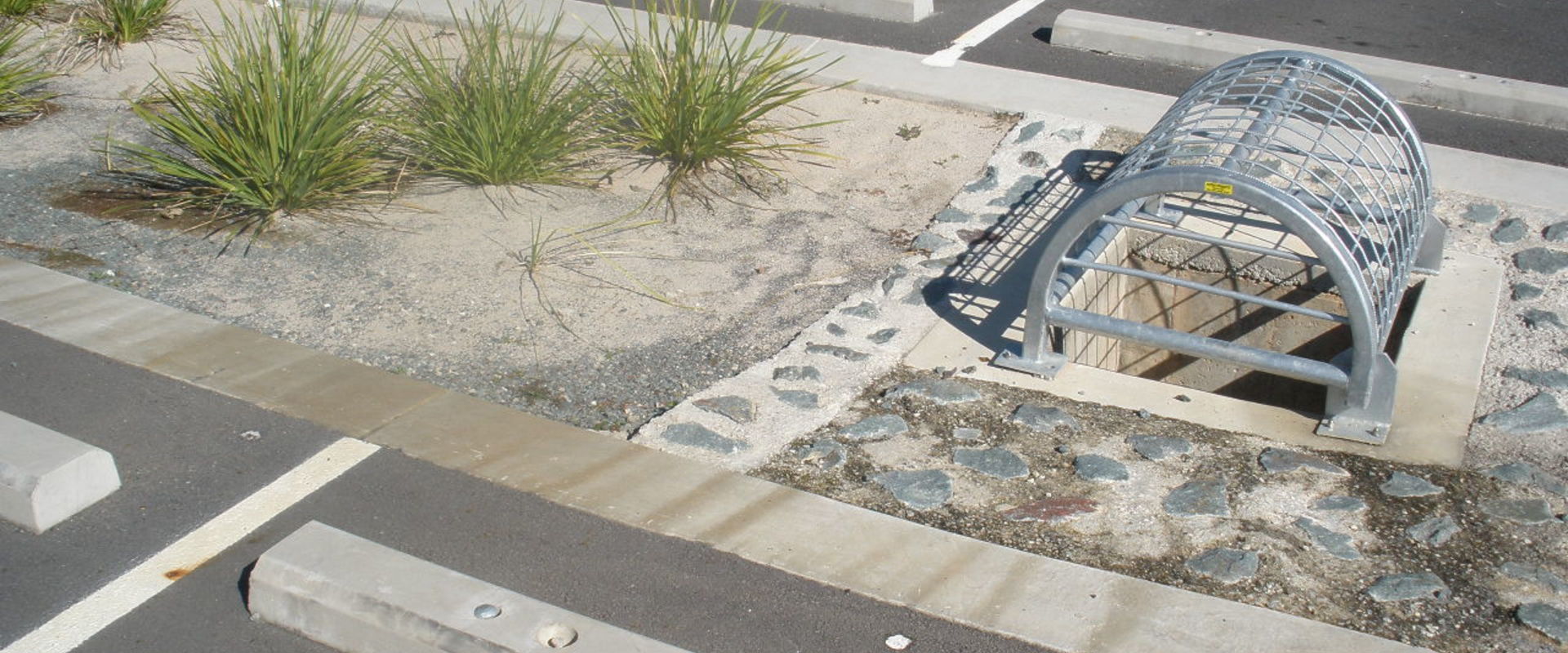Background
Client: Moreton Bay Regional Council (MBRC)
Total Water Cycle Management (TWCM) planning aims to consider all elements of the water cycle to deliver the community’s needs for water in a way that optimises social and environmental benefits while minimising costs. The TWCMP was initially developed to satisfy legislative requirements of the Environmental Protection (Water) Policy 2009. These requirements are no longer mandatory, however MBRC have adopted the planning process as a valuable tool for managing sustainable development in the region, and have since used the planning process to help investigate a range of future growth scenarios to guide the development of a new Priority Infrastructure Area and inform future growth decision making in the region.
Outcomes and Benefits
The TWCM planning process was predicted to save Council millions of dollars in infrastructure costs and was instrumental in identifying least cost solutions and preferred catchment management scenarios (based on triple bottom line principles) to sustainably manage water resources.
The project involved three key phases, including developing a strategy, undertaking detailed planning and developing an implementation plan. During the detailed planning phase, a comprehensive modelling framework was developed and used to quantify water quality management targets for catchments. The project was awarded winner of the AWA National Program Innovation Award in 2013, and winner of Stormwater Industry Association of Australia’s National Award for Excellence in Strategic or Master Planning in 2013.
Services and Expertise Provided
- Total Water Cycle Management (TWCM) planning;
- Sub–Regional TWCM planning;
- Urban water balance and water quality modelling;
- Catchment modelling;
- Receiving water quality modelling;
- Wastewater Management Modelling (MEDLI);
- Estimation of sustainable catchment pollutant loads;
- Evaluation of solution and scenario performance;
- Assessment of management scenarios using Multi Criteria Analysis;
- Implementation/delivery planning; and
- Councillor and key stakeholder consultation.




